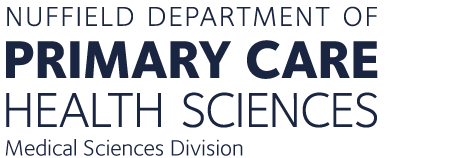Feeding a baby while living with HIV
In this section, you can find out about the experiences of mothers and pregnant women who are deciding how to feed their babies while living with HIV. At the time we spoke to them, the 2020 British HIV Association (BHIVA) pregnancy guidelines encouraged all individuals living with HIV to formula-feed, although ‘exclusive breastfeeding’ could be supported if parents had an undetectable viral load and were willing to have additional tests. Exclusive breastfeeding means the baby receives only breastmilk and no other food, drink or baby formula.
Please note: The UK guidelines have been updated in 2022 to clarify that mixed feeding with formula milk (baby receiving both breastmilk and formula milk) is safe in certain situations and with the support of your HIV medical team. However, mixed feeding with solid food (baby receiving both breastmilk and solid food) is not advised for babies under 6 months old. For more details, please see Resources and Information.
See a preview of ‘Breastfeeding and formula feeding while living with HIV’
This section includes personal stories that you can watch, listen to or read. Some words are voiced by actors.
We spoke to 36 women living with HIV and 2 partners in England and Scotland. All the interviews were held online or on the phone. These are personal experiences as told by women living with HIV. We cannot claim that they are typical of all parents living with HIV, but there is a broad range of experiences shared. Of the 36 women we spoke with, 22 described their heritage as Black African; 6 as White British; 3 as South Asian; 2 as Black Caribbean; 2 as White (other); and one woman did not share her ethnicity. They were aged between 23 and 44 years old.
We spoke to a mixture of pregnant women and women who had already given birth, with different experiences of breastfeeding and formula-feeding.
Some of the information shared may be applicable to trans and gender diverse people assigned female at birth (AFAB). Anyone living with HIV who was pregnant or had recently given birth could take part in the study, however, we only heard back from cisgender women. We recognise that there will be additional, nuanced experiences for a transgender or non-binary person who may be deciding whether to breast/chestfeed or formula-feed, while also navigating the healthcare environment and living with HIV. Some of the information in this section may be useful, but we understand that terms such as ‘women’ and ‘breastfeed’ will be difficult for some.
Dr Shema Tariq, HIV clinician, talks about feeding a baby while living with HIV.
Bakita Kasadha, researcher, introduces the Nourish-UK project.
We hope you find the information helpful.
This website should not be treated as medical advice. All views and experiences are personal to the people who took part. What they found helpful may not be the same for other people. Please see our terms and conditions.


